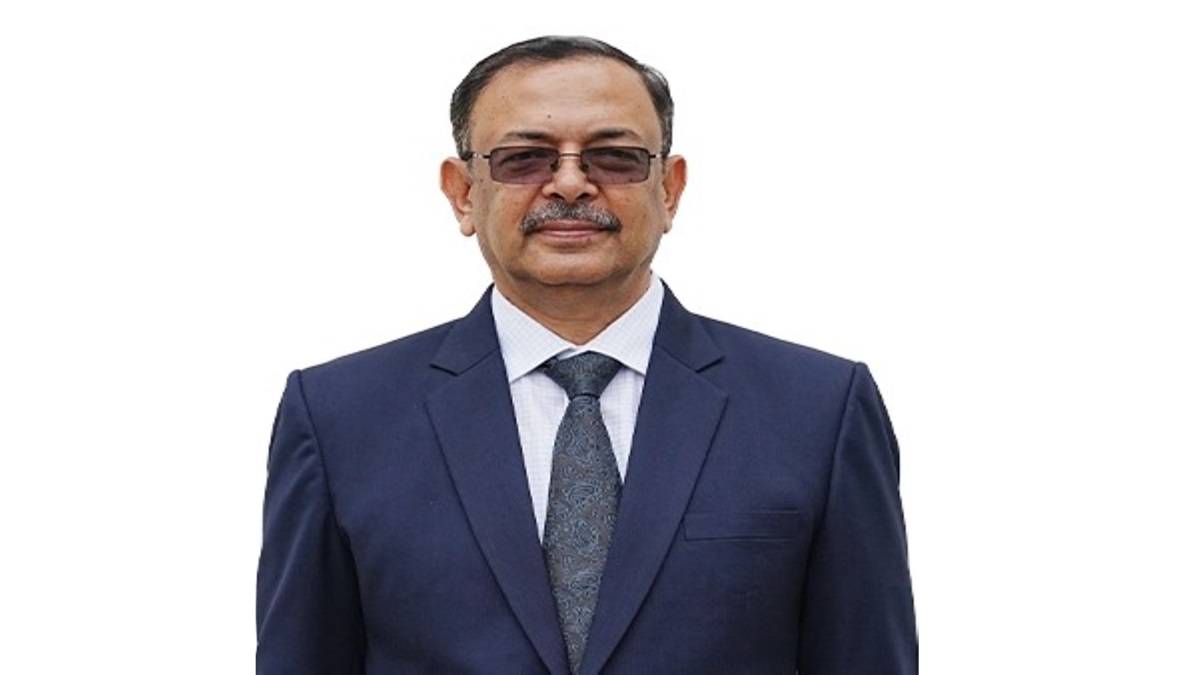Management education is being redesigned in this evolving landscape to prioritise relevance, agility, and impact over just prestige. From Classrooms to Boardrooms, futureproofing India’s Growth Leadership Trajectory
For ensuring that India stands at the forefront of the global shifts in technology, sustainability, and emerging business models, higher education institutions are reshaping their MBA programmes. As per the projections by the World Economic Forum, almost 170 million new jobs will be created worldwide this decade, and India has a great opportunity to capitalise on it. Management education is being redesigned in this evolving landscape to prioritise relevance, agility, and impact over just prestige.
The Indian economy has been growing despite strong global challenges. In fiscal 2024–25, the economy expanded by approximately 6.5 %, with the final quarter registering a sharp 7.4 % growth. The most powerful drivers of this growth are private investment and consumption, which have been helping in demand creation across sectors.

As per recent reports, the graduate readiness has been increasing, and the nation’s overall employability has risen to 54.81%. The employability rates of MBA graduates have hit nearly 78%, which is among the highest across all disciplines.
These numbers don’t reflect a gap, instead they reflect a transition. The evolution of industries has in turn led to the evolution of the expectations from management professionals. Unlike earlier times, an MBA is not just considered as a degree, but a launchpad for future-ready leadership. Higher education institutions are at the core of this transformation. Today, students are gaining both the essential skills and confidence that they need to succeed in emerging roles, as the focus of higher education institutions has shifted on industry-relevant courses, experiential learning, and building skills.
Many new growth opportunities are emerging in India as businesses, public services, and social sectors are going through a transformation amid rapid innovation.
According to the World Economic Forum’s India outlook, 63% of the workforce will benefit from reskilling or upskilling by 2030 with the evolution of roles and the deepening influence of technology.
The adoption of AI-driven solutions in areas like technology and data is growing rapidly, driving the need for modern skill development.
Hiring trends also look positive. For the second half of 2025, 72 % of Indian employers plan to expand headcount, and 94 % plan on recruiting fresh talent.
These numbers show that India is on a growth trajectory and for maintaining the momentum it needs managers who have the skill set to blend technology and sustainability with business leadership.
In many sectors, there is rising demand for skilled managerial talent across India as well as globally. Amid the rise of AI and changing technologies, business models are being redefined and strategized. Also, fintech and digital finance are transforming how banking works and this is making financial services more accessible to people. Healthcare and life sciences have been expanding too, which is driven by innovation, aging populations, and the need for stronger systems post the pandemic. Consumers are now prioritising speed and efficiency, and the evolution of automation has been helping with building efficiency in supply chains, logistics, and e-commerce. At the same time, sustainability and ESG are becoming essential for generating value in the long run, along with people and talent strategies proving to be crucial for driving real change in organizations.
For staying globally competitive, our MBA programs need to build strong skills in areas like data analytics, Artificial Intelligence and digital business into the core curriculum, while making sustainability and ESG principles a central part of the learning experience instead of optional add-ons.
At the same time, priority should be given to the some globally relevant human capabilities like communication, leadership, cultural collaboration, and ethical judgment. This is essential as there have been studies highlighting the lack of communication skills as well as critical thinking skills in Indian graduates. The alignment of Indian MBAs with international standards is crucial in today’s time, and this can be achieved by strengthening the industry linkages, increasing global exposure and promoting experiential learning, through internships, live projects, and co-created curricula with industry.
The demand for visionary managers who can combine innovation, technology, and purpose-driven leadership is rising in India. In this changing landscape, MBA graduates who bring together critical thinking, digital skills, sustainability, and adaptability will lead the way. Higher education institutions are playing a unique role in this journey by helping students in developing the skills and mindset needed to lead teams and drive innovation. They achieve this by offering future-ready courses, collaborating with industry, and emphasizing hands-on learning. These experiences provide students with the global perspective that they need to make a meaningful impact in both India and across the world.
From technology and healthcare to sustainability and fintech, there is a growing preference for leaders who have the ability to go beyond traditional roles with vision, up-to-date skills, and confidence. India’s universities now have a real opportunity to reshape their MBA programs by teaching the skills that today’s industries truly look for. In this pivotal decade, MBA graduates will play a major role in shaping the future of India’s growth story with their knowledge, creativity, and leadership.
By- Dr. Anadi Saran Pande, Dean of School of Management, Mahindra University
Follow Shiksha.com for latest education news in detail on Exam Results, Dates, Admit Cards, & Schedules, Colleges & Universities news related to Admissions & Courses, Board exams, Scholarships, Careers, Education Events, New education policies & Regulations.
To get in touch with Shiksha news team, please write to us at news@shiksha.com


Abhay Anand is an experienced education journalist with over 15 years in print and digital media. Currently serving as Manager- Editorial at Shiksha.com, he specializes in higher education policy, student mobility,
Read Full Bio